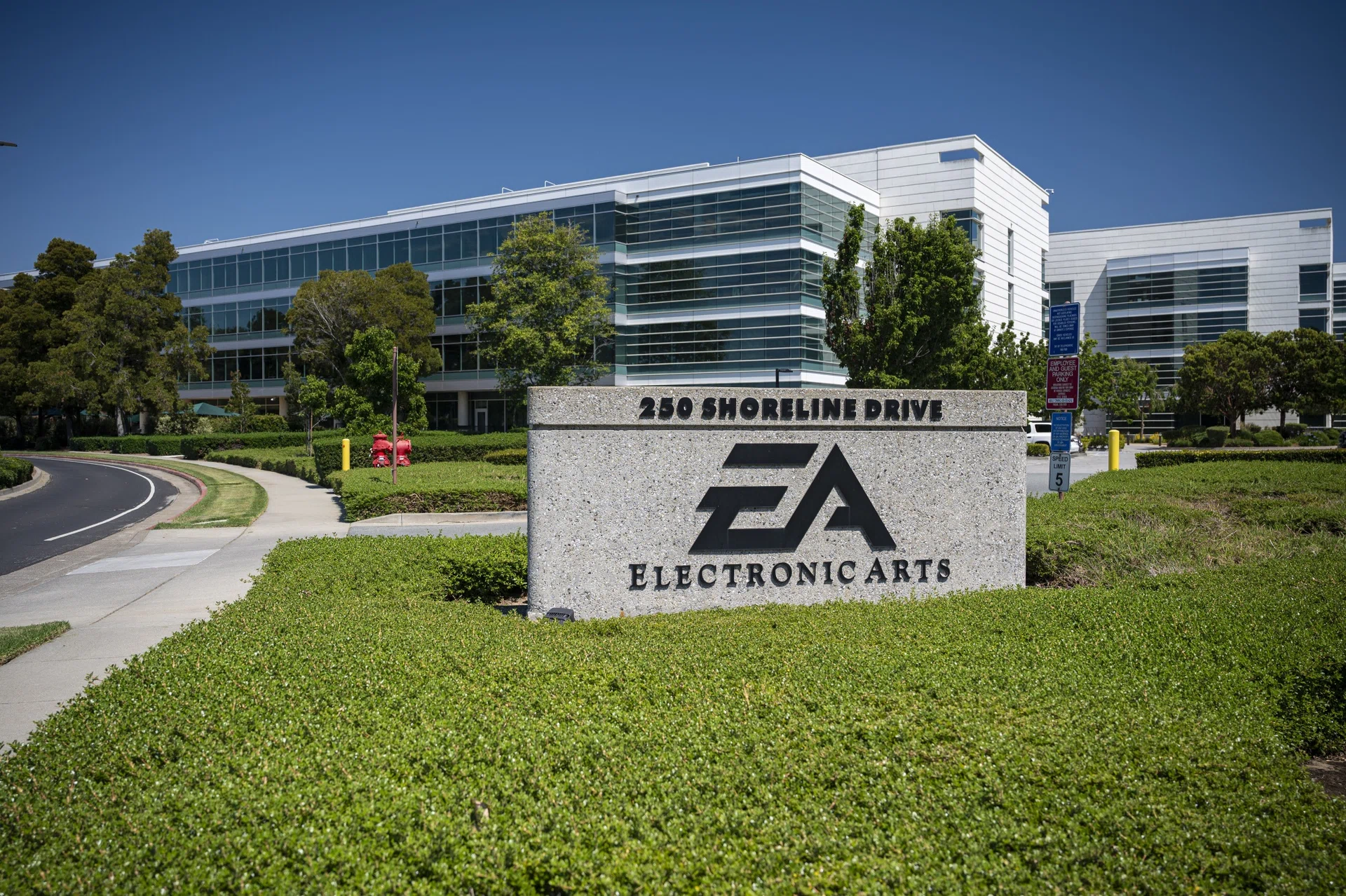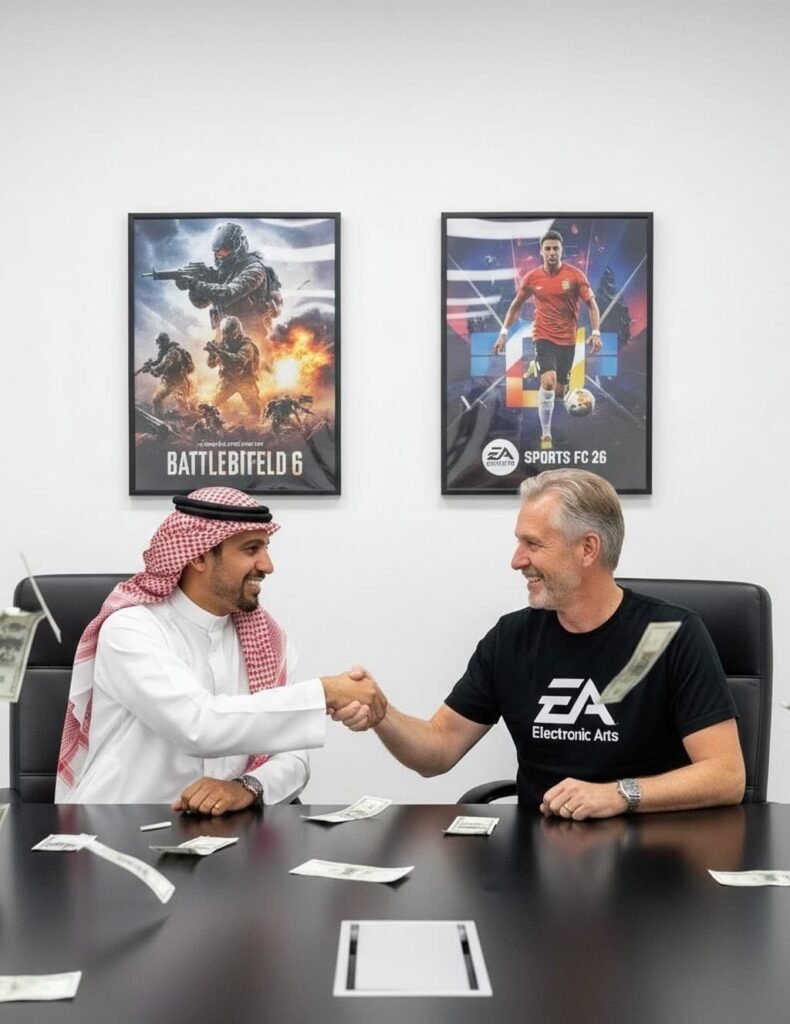In a landmark move that is reshaping the global gaming industry, Electronic Arts (EA) announced that it will be acquired by a consortium led by Saudi Arabia’s Public Investment Fund (PIF), alongside Silver Lake and Affinity Partners, in a deal valued at $55 billion.
This acquisition, one of the largest ever in entertainment and technology, will take EA private, giving the company new strategic freedom while expanding Saudi Arabia’s growing influence in the digital entertainment sector.
Deal Details
- Acquisition Price: Shareholders will receive $210 per share in cash, reflecting a premium of about 25% over the unaffected stock price before the announcement.
- Ownership: The transaction covers 100% of EA’s equity, with PIF rolling in its existing stake rather than fully cashing out.
- Financing: The deal combines $36 billion in equity and $20 billion in debt financing, with JPMorgan arranging the debt package.
- Timeline: Expected to close by the first quarter of FY2027, pending shareholder and regulatory approvals.
- Company Status: Once completed, EA will become a privately held company and delist from public stock exchanges.
- Leadership: EA’s current CEO Andrew Wilson will remain in his role, ensuring executive continuity.

For Saudi Arabia’s PIF
- Diversification: Aligns with Saudi Arabia’s Vision 2030 strategy to diversify its economy beyond oil.
- Entertainment Leadership: PIF already owns Savvy Games Group, a dedicated gaming investment vehicle; adding EA significantly boosts its global footprint.
- Cultural Influence: Owning a gaming giant gives Saudi Arabia a say in shaping the cultural and technological direction of one of the world’s largest entertainment industries.
For Electronic Arts (EA)
- Strategic Freedom: Operating as a private company relieves EA from quarterly shareholder pressures, allowing for long-term investments in innovation.
- Potential Restructuring: Private ownership often paves the way for organizational restructuring and streamlining.
- Continued Leadership: Retaining Andrew Wilson helps ensure stability during the transition.
Largest Private Gaming Deal
At $55 billion, this is the largest leveraged buyout in entertainment history, surpassing even Microsoft’s $69 billion acquisition of Activision Blizzard in 2022 in terms of strategic implications.
- Other sovereign wealth funds and private equity firms may follow suit, further consolidating the gaming sector.
- Regulatory bodies in the U.S. and Europe will closely examine the transaction, especially regarding foreign ownership of a major cultural product.
Potential Challenges
- Regulatory Hurdles: Scrutiny from Western regulators may delay or reshape the deal.
- Reputation Risks: Some consumer groups and watchdogs may raise concerns about foreign influence over gaming content and direction.
Impact on the Arab Region
- Industry Growth: The Middle East’s gaming industry, already one of the fastest growing globally, will benefit from closer ties to one of the biggest developers in the world.
- Job Creation: Expect expansion in roles related to game development, publishing, esports, and digital marketing in the region.
- Cultural Representation: With Arab investment in EA, there is an opportunity to push for more culturally inclusive content that resonates with regional audiences.
The $55 billion acquisition of Electronic Arts by Saudi Arabia’s PIF and partners marks a turning point in the global gaming industry. It positions Saudi Arabia not just as a major consumer of video games but as a key power player shaping the future of digital entertainment.
If successful, this deal could spark a wave of similar investments, redefine industry power structures, and open new opportunities for the Middle East to become a hub for gaming innovation.





